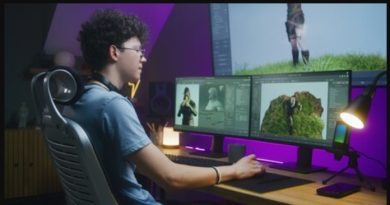A Good Education For A Better Future
Today, more than 262 million children are out of school. In primary school, this represents more than 1 in 10 children who are not in school (i.e., 58 million children). Millions of children in school lack the skills to find work or graduate and progress, and many remain illiterate.
Girls remain the first victims of inequalities: 1 in 4 girls do not go to school in developing countries, and 63% of illiterate adults in the world are women.
Inequalities in education are strong between the richest countries and the poorest countries: 59% of children stop their studies before high school in low-income countries, against 6% in high-income countries.
In addition, 50% of out-of-school children live in areas affected by conflict.
From Education To Community Development
In developing countries, family poverty is often the first obstacle to children’s education. They have to help their parents provide for the family’s needs and thus get away from school. In addition, they are often more exposed to diseases because of a lack of access to drinking water, hygiene, and sanitation.
Our Approach
Vision du Monde adopts a global approach, thanks to the sponsorship of children, which aims at the autonomy of families. By guaranteeing communities access to drinking water, healthy food, and a stable income, children can go to school and prepare their future with peace of mind.
We work closely with families, local partners, and local authorities in countries.
- Help in learning to read, in particular, thanks to the Unlock Literacy approach
- Preparation of young adults to enter the labor market through adapted and quality vocational training
- Support for educational structures (supply of materials, renovation of infrastructure – classrooms, toilets, dormitories, etc.)
- Teacher training in pedagogical and participatory methods
In 2016 and 2017, our education programs benefited 10.5 million children.
Education in Mabo, Our Sponsorship Program In Senegal
In our program in Mabo, Senegal, the enrollment rate remains low compared to the rest of the country, particularly because of a shortage of teachers in the region and a lack of financial means. We have therefore set up several projects aimed at responding to the major challenge of education:
- Creation of Cases des Tout Petits: they allow the little ones to study in a safe and secure environment, allowing them to prepare for the primary cycle.
- Training of school directors and teachers to better take charge of children’s learning.
- Training teachers in more fun learning methods.
- The creation of reading clubs and the training of volunteers to run these clubs allows reading outside of school to be taken care of.
- Raising community awareness of the importance of children’s literacy: Parents now understand the project’s purpose and are committed to letting their children participate in book clubs.
- Implementation of the Voix et Action Citoyenne approach, an advocacy technique aimed at sensitizing communities on their role in children’s education.
The Impact Of Our Actions In Mabo In A Few Figures (2020)
• 5 Cases des Tout Petits are now operational, and 379 students are registered.
• 982 students (572 girls and 410 boys) regularly participated in reading club sessions.
• The success rate of students in the Certificate of End of Elementary Studies (examination at the end of primary school) increased from 27.5% in 2015 to 69% in 2020.




